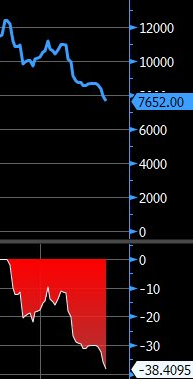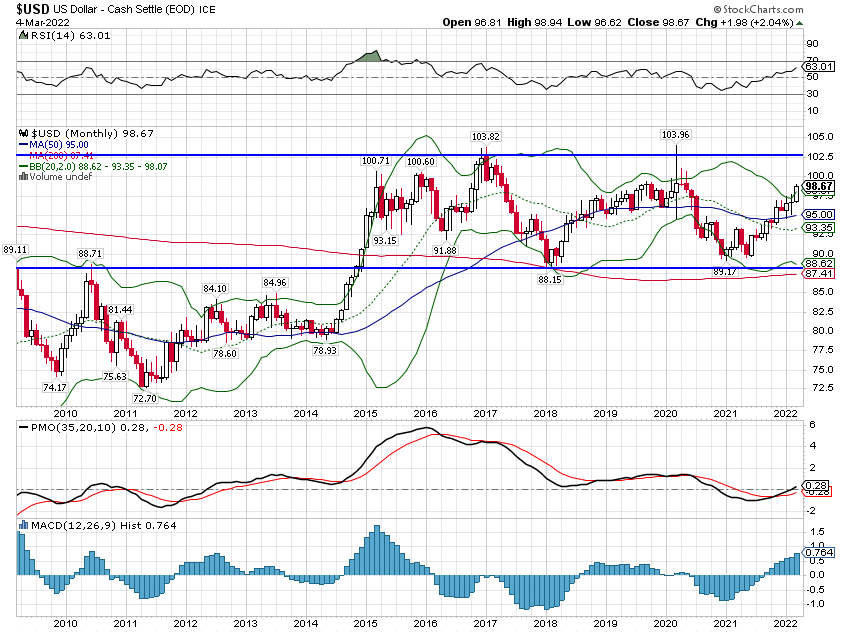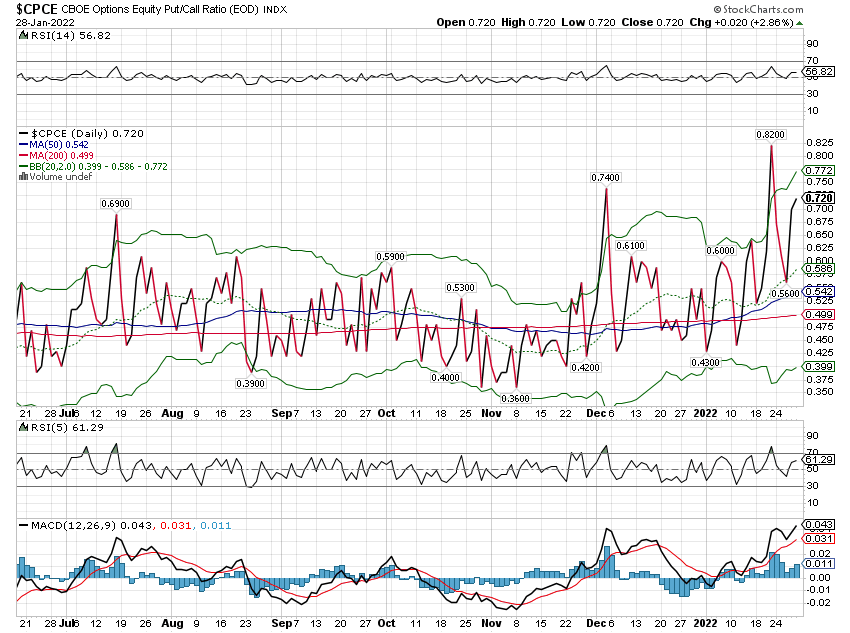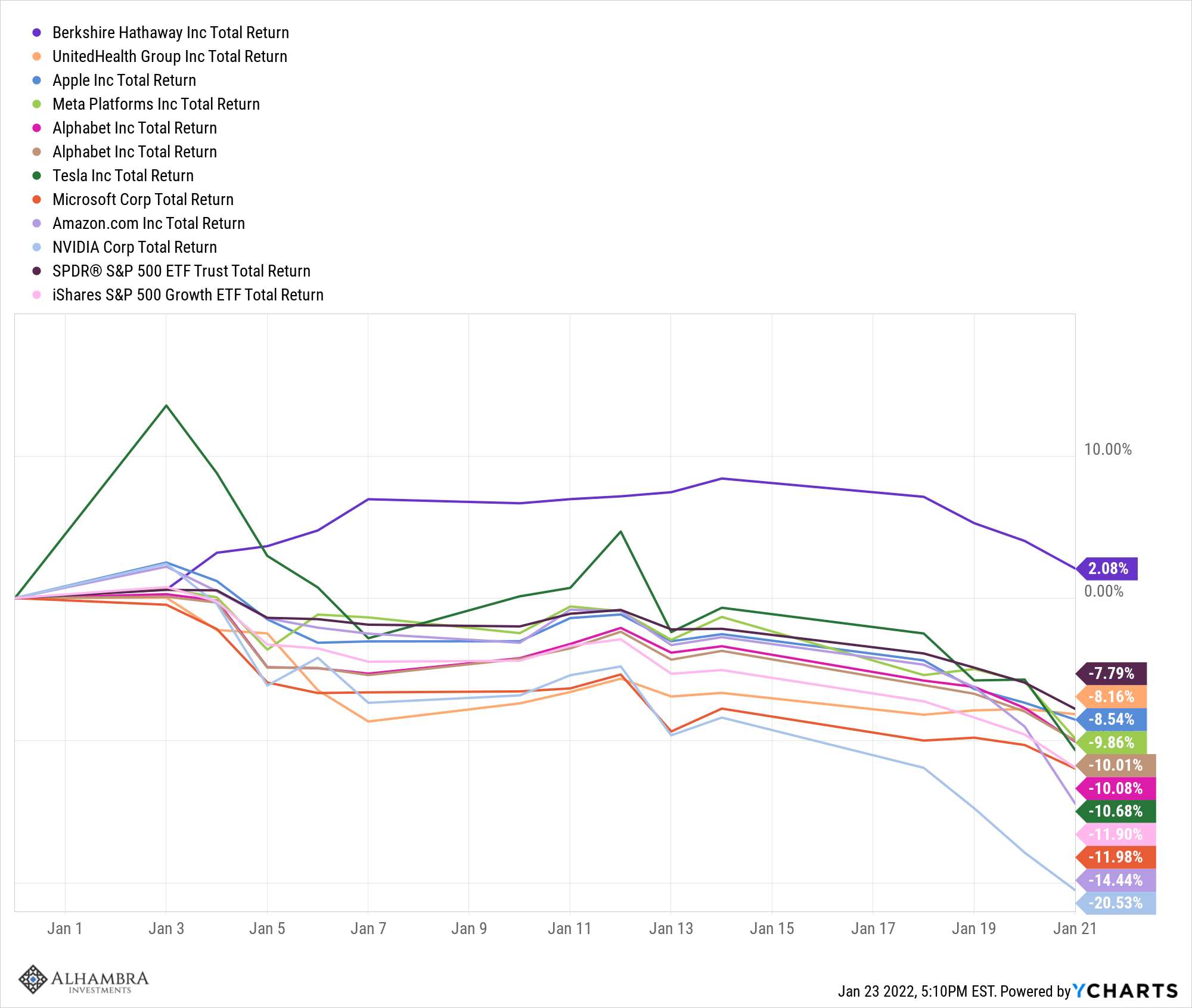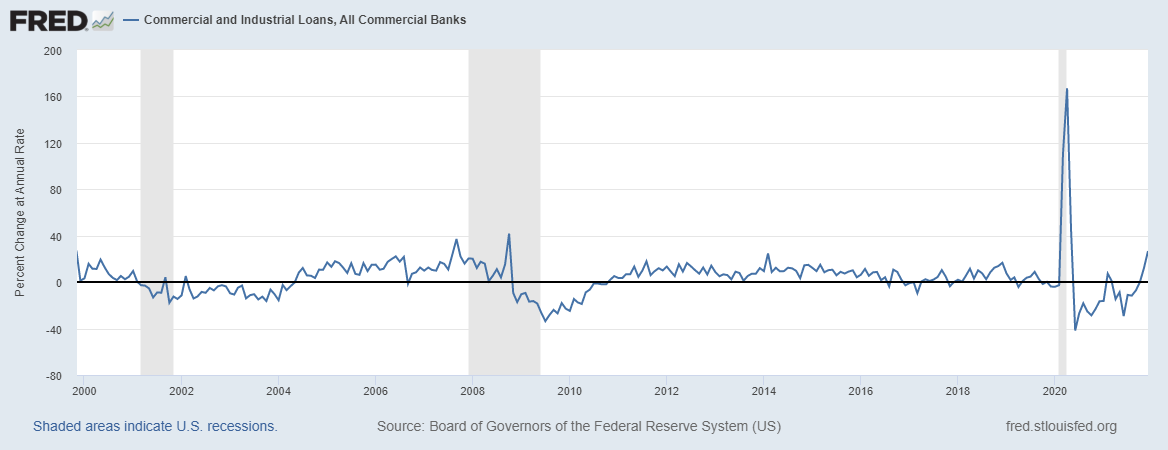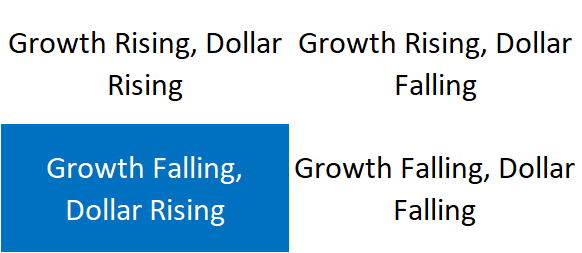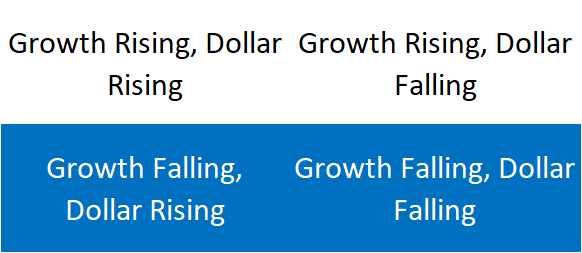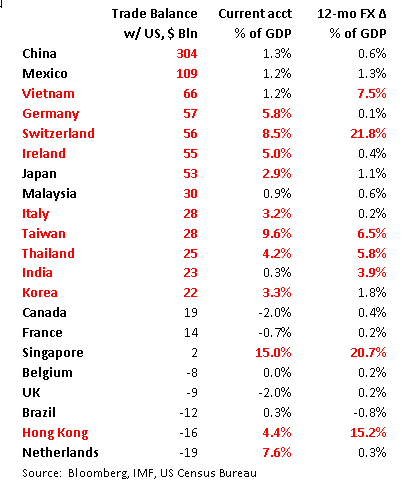- Bank Indonesia will use the 7-day reverse repo rate as its new benchmark policy rate
- The ruling party in South Korea unexpectedly lost parliamentary elections
- The Monetary Authority of Singapore eased monetary policy to recession settings
- Turkey has nominated its next central bank chief
- The Brazilian special lower house committee voted 38-27 in favor of impeachment
- The first round of Peru’s presidential election was inconclusive
In the EM equity space, Brazil (+5.4%), UAE (+4.9%), and Hong Kong (+4.6%) have outperformed this week, while Indonesia (-0.5%), Qatar (-0.5%), and Czech Republic (+0.3%) have underperformed. To put this in better context, MSCI EM rose 3.6% this week while MSCI DM rose 2.4%.
In the EM local currency bond space, Brazil (10-year yield -75 bp), Turkey (-54 bp), and the Philippines (-24 bp) have outperformed this week, while Hong Kong (10-year yield +10 bp), Singapore (+9 bp), and Thailand (+9 bp) have underperformed. To put this in better context, the 10-year UST yield rose 6 bp this week to 1.78%.
In the EM FX space, COP (+3.1% vs. USD), PEN (+2.9% vs. USD), and CLP (+2.7% vs. USD) have outperformed this week, while SGD (-0.7% vs. USD), IDR (-0.3% vs. USD), and CNY (-0.2% vs. USD) have underperformed.
Bank Indonesia will use the 7-day reverse repo rate as its new benchmark policy rate. This is the interest the central bank pays to borrow from commercial lenders, and replaces the 12-month reference rate starting this August. The new benchmark rate is currently 5.5% vs. 6.75% for the old rate, but officials say this is not a stealth easing. Rather, the new rate is said to make monetary policy more effective because 12-month reference rate really isn’t tied to money market rates.
The ruling party in South Korea unexpectedly lost parliamentary elections. President Park’s Saenuri party won only 122 seats in the National Assembly, coming in second to Minjoo Party’s 123 seats. The People’s Party, a spinoff from Minjoo, won 38 seats, up from 20 previously. Prior to the vote, polls suggested Saenuri would build on its 146 seats, not lose them. Saenuri Party Chairman Kim resigned as a result of the loss. The next presidential election is in 2017, and the parliamentary results bode ill for Saenuri.
The Monetary Authority of Singapore eased monetary policy to recession settings. It did so by moving to a policy of no appreciation (zero slope for the S$NEER trading band). This setting for policy was last put into place in 2008 during the global financial crisis, so policymakers are clearly concerned about the growth outlook.
Turkey has nominated its next central bank chief. Current Governor Basci’s term ends this month. Nominee Murat Cetinkaya is currently a Deputy Governor and member of the MPC, so this can be viewed as mildly positive. Still, we think the new head will also come under enormous pressure to ease policy aggressively.
The Brazilian special lower house committee voted 38-27 in favor of impeachment. A two thirds majority is now needed in the 513-seat lower house to advance the impeachment process to the Senate. The full house vote will likely take place and completed by Sunday evening, in time for the market open Monday morning. Reports suggest the yes vote continues to gain momentum, but there are more than 100 deputies that are undecided.
The first round of Peru’s presidential election was inconclusive. Keiko Fujimori won the first round with 39.5% of the vote, but this fell short of the 50% needed to avoid a second round. She will face Pedro Pablo Kuczynski (second place with 23.7%) in the second round vote June 5. Polls suggest that the second round is too close to call at the moment.
Tags: Emerging Markets,newslettersent
























